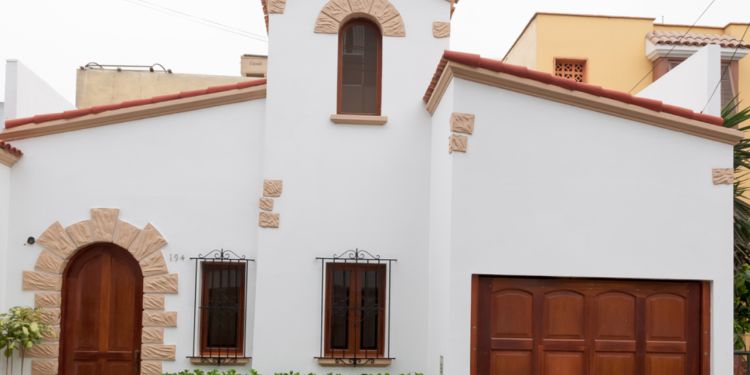
Once you have settled in Peru, particularly if you want to stay in the country long-term, you may consider investing in the property market whether buying your own home or looking for an investment to rent. In general, foreign nationals are allowed to buy property in Peru.
However, you'll find that the procedures can be long and complicated with strict conditions. It is best to do your research and understand the whole process and what it entails, before deciding if purchasing property is the right decision for you.
Conditions
Procedures will vary according to your status as a foreigner. For instance, if you intend to buy a property by proxy, i.e. you're not actually in Peru, then you must be represented by a lawyer who is present in Peru, or by any other legal representative who has to be notified to Peru's diplomatic representations in your home country. The representative will need to be granted power of attorney to act on your behalf.
If you are planning to invest in a property after entering Peru as a tourist, you must request authorization from Lima's Immigration Department. Without this authorisation, you won't be able to sign any contracts or the sales deed.
If you are already living in Peru with a resident permit (carné de extranjeria), you are required to hire a solicitor to make sure that you are investing legally and that procedures can be completed smoothly.
Limitations
You should check carefully that the property can be used for whatever you have in mind for it, whether that's residential or commercial. Some properties, whether buildings or land, have limitations on how they can be used. For instance, you might have commercial plans for a property that might be limited to residential use only. These conditions are generally defined by the nearest municipality to the property. You are also advised to hire an architect to verify the property's Certificado de Parametros Urbanisticos and Certificado de Zonificación in order to determine whether your project can be realized. In addition, there may be covenants or deeds that have restrictions on property use. This is often the case with property that's part of a development or a subdivision of a larger property.
Primary inspection
Once you've decided you want to go ahead with the purchase, you have to contact the seller to notify them of your interest and request their personal details in order to gather relevant documents pertaining to the property. You then need to gather all information related to the title deed at the SUNARP which is the Public Registry. You also have to request for the property's Certificado Registral Inmobilario (CRI). If you choose to purchase through a real estate agent and with the assistance of a lawyer, they can organise most of this on your behalf.
These documents will then have to be verified by your lawyer who will also search for further information on the property's past, confirm the actual registered owners, and any debt or mortgage on the property. Always insist that these steps are carefully followed, to establish that the alleged owner is, in fact, the legal owner of the property. Never accept copies of documents, only the originals from SUNARP, ensuring they are up-to-date.
Deed transfer
Once all documents have been cleared, you can proceed with the deed transfer under a public deed. Formalities should be filled in before a notary who will then notify the local tax authorities. You will have to pay tax on the sale of the property, known as Alcabala which is usually three percent of the property value. The sale contract will then be established by the lawyer or the public notary. This document has to be authenticated and registered by the Public Registry, then converted into a public deed so as to formalize the new deed. The sale is then concluded.
Useful links:
We do our best to provide accurate and up to date information. However, if you have noticed any inaccuracies in this article, please let us know in the comments section below.







Comments